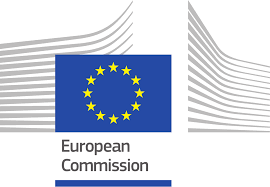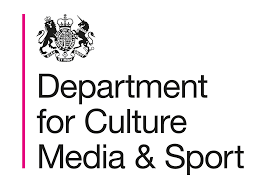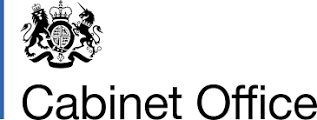PRESS RELEASE : Single Market – Commission committed to transparency and cooperation with Member States [September 2022]
The press release issued by the European Commission on 26 September 2022.
Following the recent proposal on new rules for addressing Single Market future emergencies, the Commission is today showcasing the availibility of essential existing tools to ensure the free movement of goods and services for smooth functioning of the Single Market.
First, the Commission is today publishing a report on the implementation of the Single Market Transparency Directive (STMD) showing that Member States are becoming more transparent in adopting national technical regulations for products and information society services. They have also increased cooperation among Member States and with the European Commission when adressing potential challenges from these to ensure the smooth functioning of the Single Market. This transparency principles helped to have a coordinated approach during the difficult Covid-19 pandemic ensuring the Single Market continued to deliver for citizens and businesses.
Secondly, the Commission is today also holding a meeting of the Single Market Enforcement Task Force, a key forum for cooperation among Member States and the Commission to address concrete barriers in the Single Market. During today’s meeting, the Commission presents several best practices of Member States streamlining administrative requirements for cross border service providers. For example the use of modern electronic tools to exchange documents, and reduce the administrative burden for businesses. Member States agreed to examine the different best practices and see which could work for them.
Today’s report on the Implementation of the Single Market Transparency Directive, which covers the period 2016-2020, shows that during this time Member States have notified a total of 3500 national draft technical product and IT service related regulations. The highest proprotion of these concerened the construction sector, followed by rules affecting agricultural products, fishery, aquaculture and other foodstuffs. At the same time, the report finds that Member States are increasingly interested in examining such draft rules, noting an almost 4-fold increase in views provided by Member States on other Member States’ notifications between 2016 and 2020. .
Similarly, the Single Market Enforcement Task Force offers a regular forum to discuss existing barriers in the Single Market. At the meeting today, the Task Force will debrief on the results of current projects, like the prior checks and document requirements for recognition of professional qualifications, and permits for the deployment of renewable energy, which is especially important in the context of the postpandemic Single Market for services.
Background
Since 1998, the Single Market Transparency Directive has been a key tool to prevent barriers in the Single Market. The Directive requires Member States to notify the Commission about their drafts technical rules on products and information society services before their adoption, while allowing the Commission and other Member States to examine these in view of preventing possible barriers to the Single Market. It also gives a chance to businesses, including SMEs to examine these drafts national technical rules, make their voice heard and adapt their activities accordingly well in time. To ensure transparency, all national measures, as well as the contributions by the Comission and Member States responding to these are publically available online via the Technical Regulations Information Service (TRIS).
The Single Market Enforcement Task Force was set up in 2020; immediately providing an essential forum to remove barriers introduced by Member States during the COVID pandemic to ensure the availability of essential medical supplies and protective equipment in Europe. In addition, the Task Force has also played an important role in addressing certain restrictions in the agri-food sector or helping to remove requirements on certain cross-border service providers.



